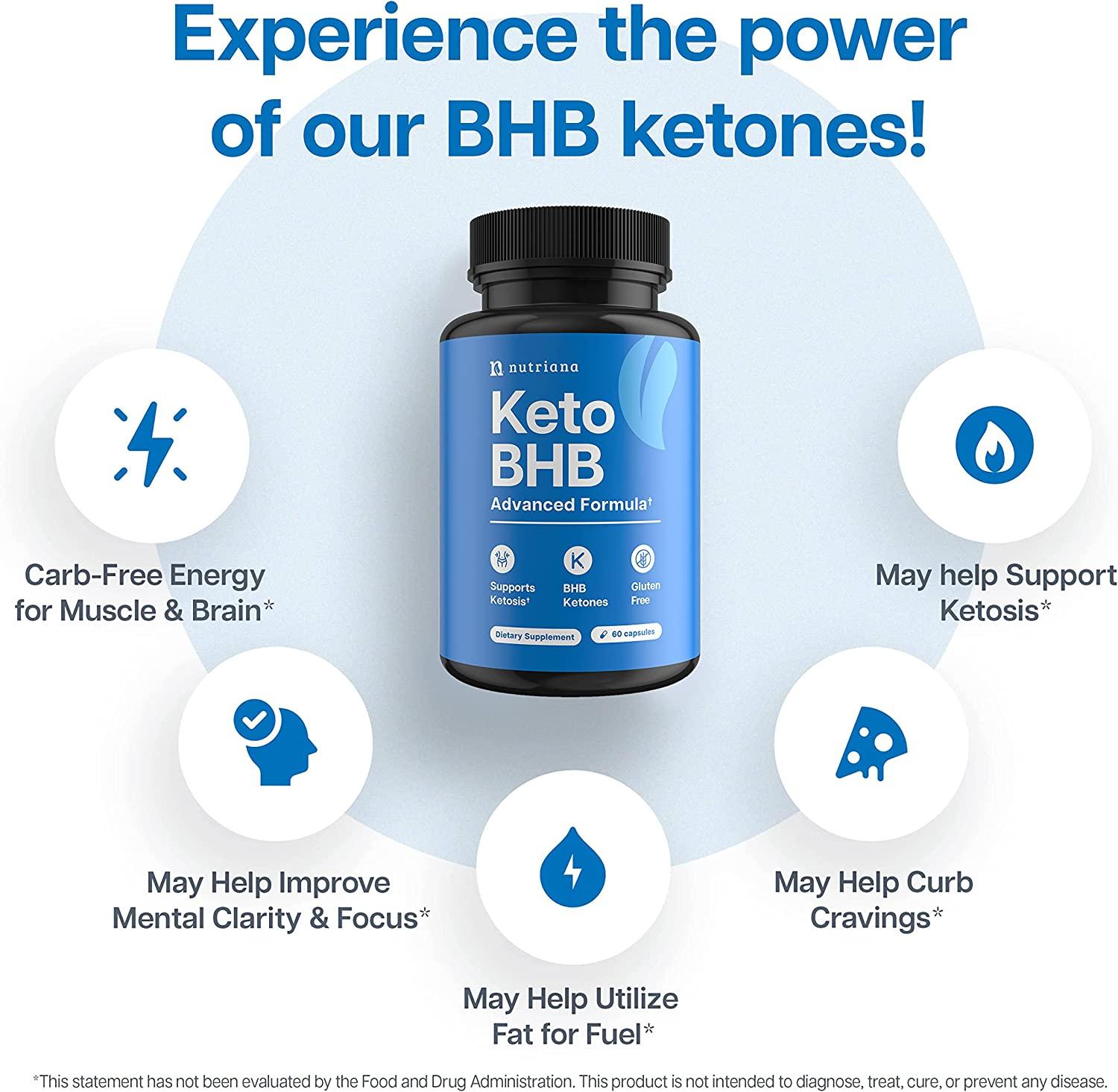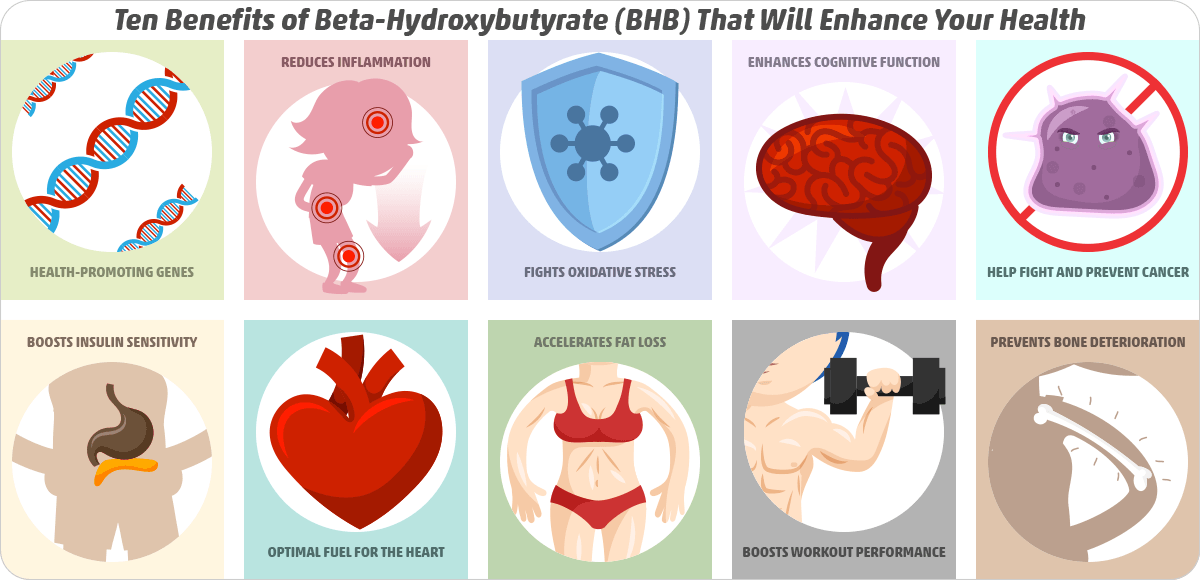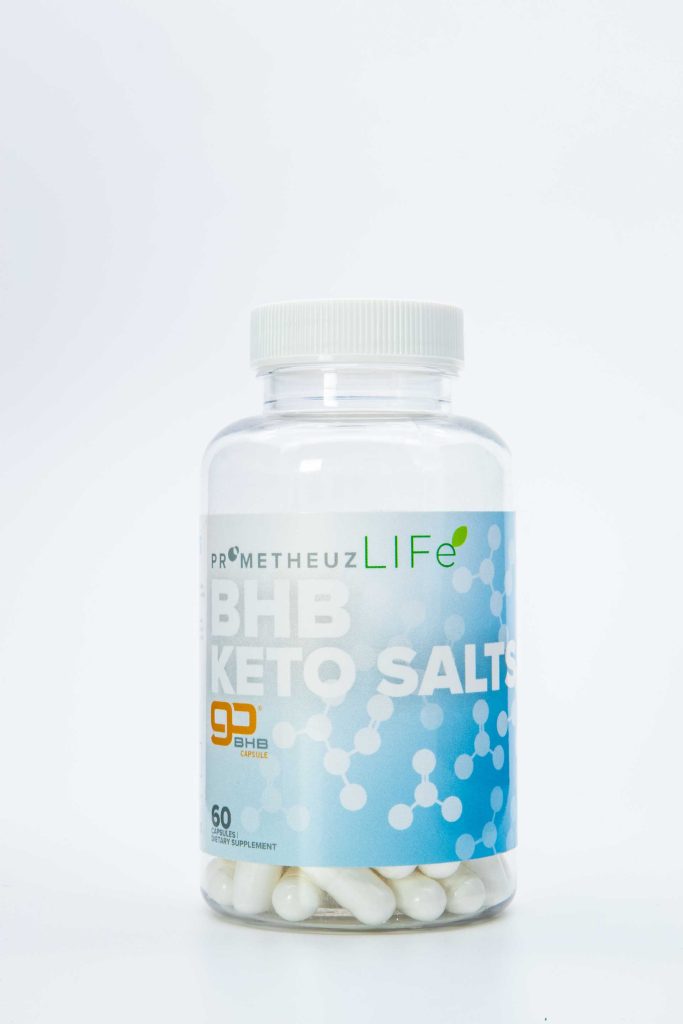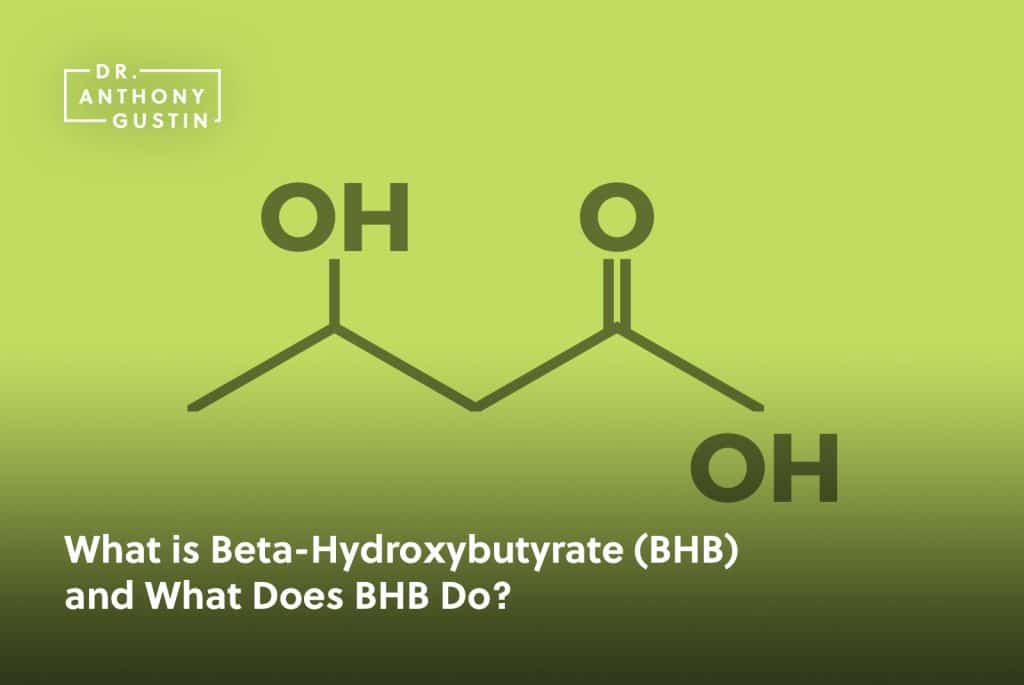What Is The Best Source Of Bhb

The ketogenic diet, and the quest for efficient energy sources, has fueled intense interest in Beta-Hydroxybutyrate (BHB). Figuring out the most effective source of BHB is crucial for optimizing ketone levels and maximizing the diet's potential benefits.
This article cuts through the marketing noise to deliver a clear, evidence-based guide to identifying the best source of BHB, considering factors like bioavailability, cost, and potential side effects. We aim to equip readers with actionable information to make informed decisions about BHB supplementation.
BHB: Exogenous vs. Endogenous
The first critical distinction is between endogenous BHB, produced naturally by the liver during ketosis, and exogenous BHB, obtained from external sources like supplements. Endogenous production is triggered by carbohydrate restriction and increased fat intake.
Exogenous BHB supplements aim to rapidly elevate ketone levels, potentially providing benefits like increased energy, improved mental clarity, and enhanced athletic performance. However, not all exogenous BHB sources are created equal.
Types of Exogenous BHB Supplements
The primary types of exogenous BHB supplements include BHB salts, BHB esters, and BHB precursors. Each varies in chemical structure, absorption rate, and potential side effects.
BHB Salts
BHB salts are the most common and widely available form of exogenous BHB. They consist of BHB bound to minerals like sodium, potassium, calcium, or magnesium.
The binding to minerals aids in absorption, but it can also lead to gastrointestinal discomfort, particularly with high doses. Common side effects include bloating, diarrhea, and nausea.
Consider sodium content if you have blood pressure issues. Always check the label and be aware of electrolyte intake.
BHB Esters
BHB esters are considered the most potent form of exogenous BHB. They consist of BHB bound to an ester, a chemical compound that facilitates rapid absorption.
Esters produce the most significant and sustained increase in blood ketone levels compared to salts. However, they often have a strong, bitter taste that some find unpalatable.
They are also generally more expensive than BHB salts. This makes BHB esters less accessible for regular use.
BHB Precursors
BHB precursors are substances that the body can convert into BHB. Examples include medium-chain triglycerides (MCTs), particularly caprylic acid (C8).
MCTs are metabolized in the liver to produce ketones, including BHB. However, the conversion rate is less efficient than directly ingesting BHB salts or esters.
MCT oil is a popular option but may cause digestive upset if introduced too quickly or in large quantities.
Bioavailability and Absorption Rates
Bioavailability refers to the extent to which BHB is absorbed and utilized by the body. BHB esters typically exhibit the highest bioavailability, followed by BHB salts, and then BHB precursors.
The rapid absorption of BHB esters leads to a quicker and more substantial rise in blood ketone levels. This makes them attractive for athletes seeking an immediate performance boost.
BHB salts, while less bioavailable, are still effective in raising ketone levels. They are more readily available and generally less expensive.
Dosage and Timing
Recommended dosages of exogenous BHB vary depending on the individual and the specific product. A typical starting dose for BHB salts is around 5-15 grams.
For BHB esters, lower doses may be sufficient due to their higher bioavailability. It's important to start with a low dose and gradually increase it as tolerated.
Timing also plays a role. Taking BHB supplements before exercise or during periods of intense mental activity may enhance performance.
Potential Side Effects and Risks
While generally considered safe, exogenous BHB supplements can cause side effects. These include gastrointestinal distress, such as nausea, bloating, and diarrhea.
High doses of BHB salts can lead to electrolyte imbalances, particularly if not adequately hydrated. It is crucial to drink plenty of water when supplementing with BHB.
People with pre-existing medical conditions, such as kidney or liver problems, should consult a healthcare professional before using BHB supplements.
The Verdict: Which BHB Source is Best?
The "best" source of BHB depends on individual needs and priorities. For rapid and significant ketone elevation, BHB esters are the most effective, albeit at a higher cost and with a potentially unpleasant taste.
BHB salts offer a more affordable and accessible option for those seeking to boost ketone levels without the intensity of esters. Careful attention to dosage and electrolyte balance is crucial.
MCTs provide a gentler, more gradual increase in ketone levels and can be a good option for those sensitive to the side effects of BHB salts or esters. However, they are less potent.
Ongoing Research and Future Developments
Research into the long-term effects of exogenous BHB supplementation is ongoing. Studies are investigating its potential benefits for various conditions, including neurological disorders and metabolic diseases.
Future developments may include improved formulations of BHB supplements with enhanced bioavailability and reduced side effects. Stay informed about the latest research and consult with a healthcare professional for personalized guidance.
The optimal BHB source is subjective, but always be informed before making your decision. Monitoring blood ketone levels can help determine the most effective approach.


















